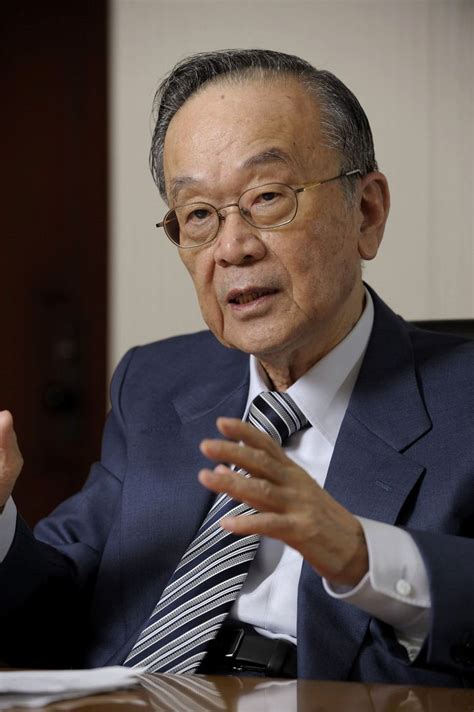A Quote by Jerome Powell
The overwhelming majority of new mortgages are issued with government backing in a highly concentrated securitization market. That leaves us with both potential taxpayer liability and systemic risk.
Related Quotes
Financial innovation can be highly dangerous, though almost no one will tell you this. New financial products are typically created for sunny days and are almost never stress-tested for stormy weather. Securitization is an area that almost perfectly fits this description; markets for securitized assets such as subprime mortgages completely collapsed in 2008 and have not fully recovered. Ironically, the government is eager to restore the securitization markets back to their pre-collapse stature.
Today the strategies of many companies in the real estate industry are premised on low interest rates, an assumption that has resulted in the rapid expansion of the real estate securitization business. This trend could be regarded as a risk factor, as it exposes the real estate sector to at least three potential problems: first, interest rate hikes; second, revisions to securitization business accounting standards; and third, overheating in the real estate market.
The securitisation of mortgages added a new dimension of systemic risk. Financial engineers claimed they were reducing risks through geographic diversification: in fact they were increasing them by creating an agency problem. The agents were more interested in maximising fee income than in protecting the interests of bondholders. That is the verity that was ignored by regulators and market participants alike.
the overwhelming majority of people who are engaged in the processes of thought and expression are Democrats because the essence of thought is exploration and diversity and change. It's impossible to have vision in art or government without risk, or the boldness and courage which produce risk. And this - in spite of what they call modern Republicanism - is the antithesis of true Republican thinking.
A new product, technology, or innovation - such as Bitcoin - has the potential to give rise both to frauds and high-risk investment opportunities. Potential investors can be easily enticed with the promise of high returns in a new investment space and also may be less skeptical when assessing something novel, new, and cutting-edge.
One more time? We've done this. We've done this at least four times where there's a new government program to help homeowners who have trouble with their mortgages. None of these programs have worked. I don't know why anyone would think that this next idea is going to work. All it does is delay the clearing of the market. As soon as the market clears and we understand where the prices really are - that will be the most important thing we can do in order to improve home values around the country.


































